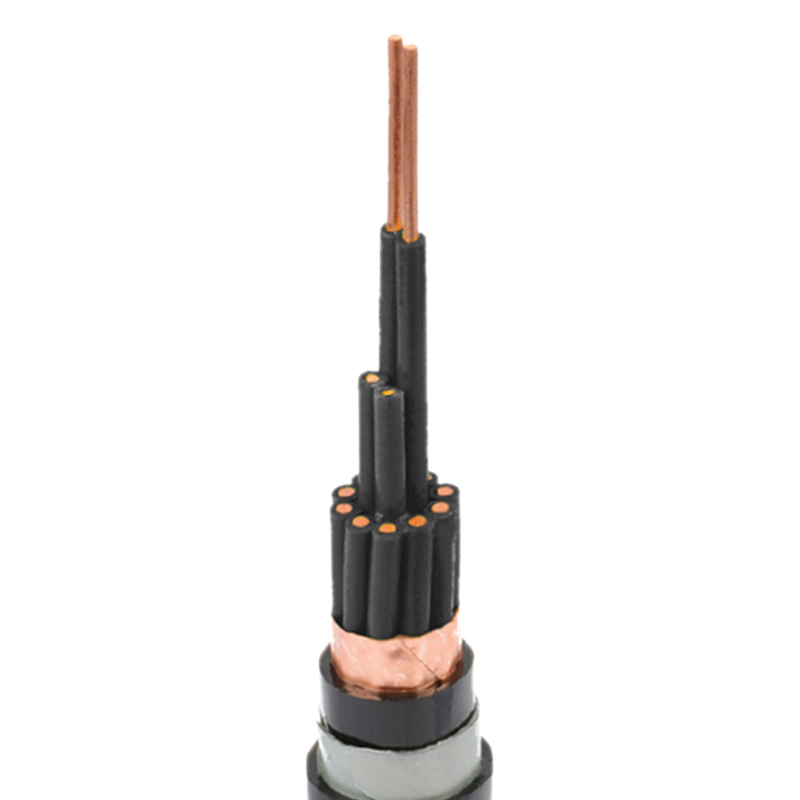
High Quality Electrical Wire for Outdoor Use
Choosing High-Quality Electrical Wire for Outdoor Use
When it comes to outdoor electrical installations, selecting the right wire is crucial for both safety and performance. Outdoor environments expose electrical wiring to a variety of elements, including moisture, temperature fluctuations, and physical stress. Therefore, opting for high-quality electrical wire specifically designed for outdoor use is essential to ensure longevity and reliability.
Understanding Outdoor Wiring Needs
Outdoor electrical wiring must be resistant to the elements. This means the wire should be insulated with materials that can withstand harsh weather conditions, including UV rays from the sun, rain, snow, and extreme temperatures. Generally, wires used outside are made from durable materials such as PVC or rubber, which provide excellent insulation and protection. Look for wires that are rated for outdoor use or for direct burial, as these are designed to endure a wide range of environmental challenges.
Types of Outdoor Electrical Wire
There are several types of electrical wires suitable for outdoor applications. The most common types include
1. UF (Underground Feeder) Wire This wire is ideal for direct burial and is designed to withstand moisture. UF wire is often used to provide power to outdoor lighting, garden equipment, and other outdoor fixtures. It is durable, flexible, and resistant to corrosion.
high quality electrical wire for outside use

2. THHN/THWN Wire While THHN (Thermoplastic High Heat-resistant Nylon-coated) wire is primarily used for indoor applications, THWN (Thermoplastic Heat and Water-resistant Nylon-coated) wire is suitable for outdoor use, as it offers resistance to water and chemicals. This makes it a versatile choice for many outdoor electrical needs.
3. Service Drop Cable This type of cable is used to bring electricity from the utility pole to your home. It is designed to withstand various weather conditions and is typically insulated to prevent electrical hazards.
Key Considerations for Installation
When installing outdoor electrical wiring, it is essential to follow local building codes and regulations. These regulations can dictate the types of wire that are permissible for various applications and how deep underground wiring must be buried if applicable. Additionally, always ensure that connections are secure and waterproof to prevent potential hazards like short circuits and electrical fires.
Conclusion
Choosing high-quality electrical wire for outdoor use is fundamental to ensuring the safety and durability of your electrical systems. By selecting the appropriate type of wire and following best practices for installation, you can enjoy a reliable outdoor electrical setup that withstands the test of time and nature. Investing in quality materials today will help prevent costly repairs and enhance the safety of your outdoor spaces for years to come.
-
Reliable LIYCY Cable Solutions for Low and Medium Voltage ApplicationsNewsJul.14,2025
-
Premium Overhead Electrical Wire Solutions for Low and Medium Voltage ApplicationsNewsJul.14,2025
-
Innovative XLPE Electrical Cable Solutions for Modern Low and Medium Voltage NetworksNewsJul.14,2025
-
High-Quality Ethylene Propylene Rubber Cable – Durable EPDM Cable & 1.5 mm 3 Core OptionsNewsJul.14,2025
-
Exploring the Versatility of H1Z2Z2-K 1X4mm2 Cables in Modern ApplicationsNewsJul.14,2025
-
Uses of Construction WiresNewsJul.14,2025
-
Types of Neoprene CableNewsJul.14,2025














